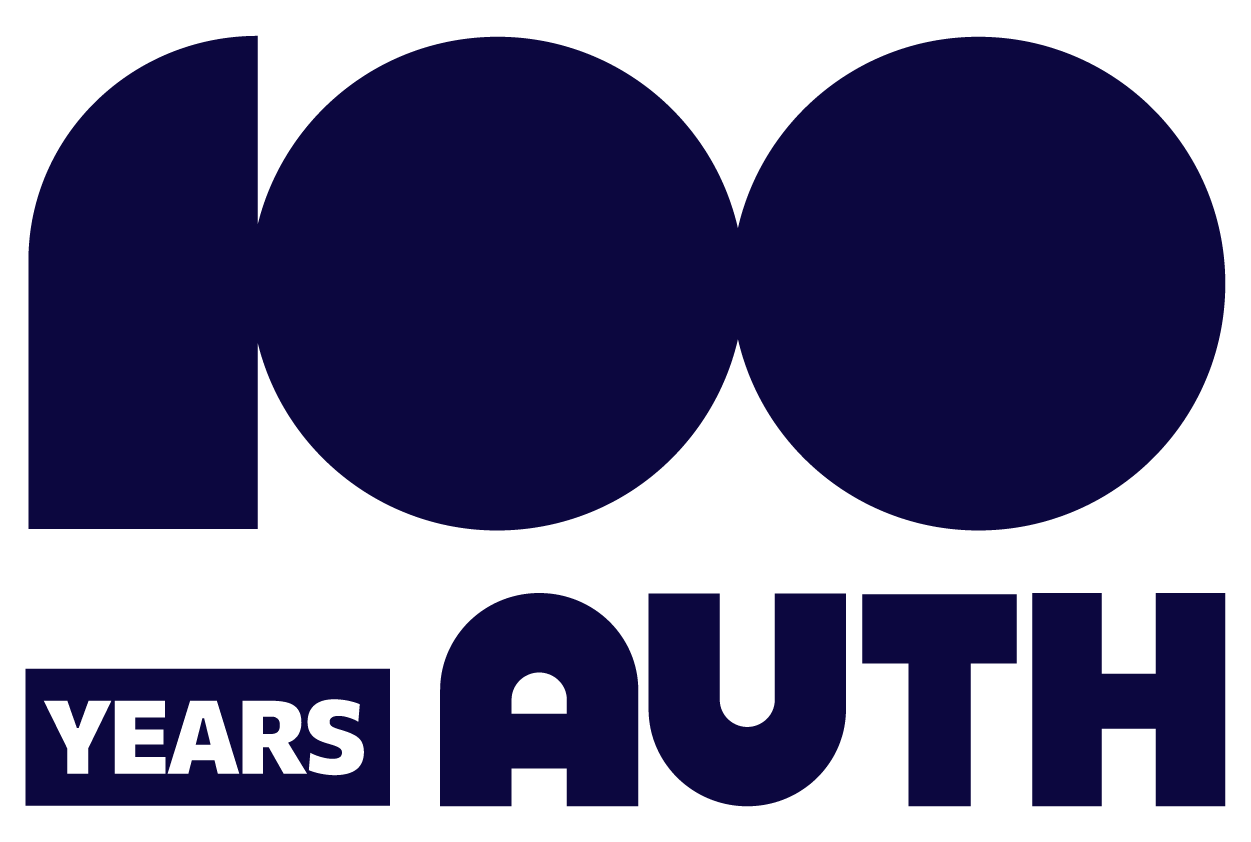
This course provides an introduction to the principles of Historical Linguistics. It examines linguistic reconstruction, the processes which trigger language change, and the methods used to account for change in language. The course deals with the most important elements of the linguistic system from which the different Indo-European languages have developed.
Topics:
A. Comparative Reconstruction
-Classification and subgrouping
-Comparative method: (i) the history of Indo-European Linguistics;
(ii) our main tools: sound laws and analogy
-The phonology of Proto-Indo-European (PIE)
-The PIE morphology: ablaut types, reduplication
-The PIE semantics
-The PIE syntax
-Etymology
B. Internal reconstruction and the use of Corpora in Historical Linguistics
-Annotated and Parsed (electronic) historical Corpora
C. Models of change
-Linguistic innovation, variation, and change
-Areal Linguistics and language contact
-Explaining linguistic change
-Pidgins and Creoles
Learning outcomes and competences:
•to practise in the principles and main techniques of Historical Linguistics research (how the reconstruction of linguistic forms is done; how historical and archaeological knowledge is correlated with linguistic theory to create models of the prehistory of language families);
•to find out why some changes occur / do not occur;
•to become acquainted with ways to study diachronic data electronically (e.g., Brooklyn-Geneva-Amsterdam-Helsinki Parsed Corpus of Old English; Penn-Helsinki Parsed Corpus of Middle English).
Assessment methods: final written exam and optional assignments.